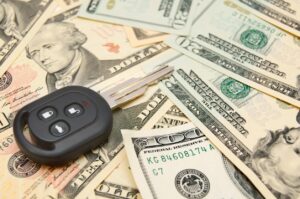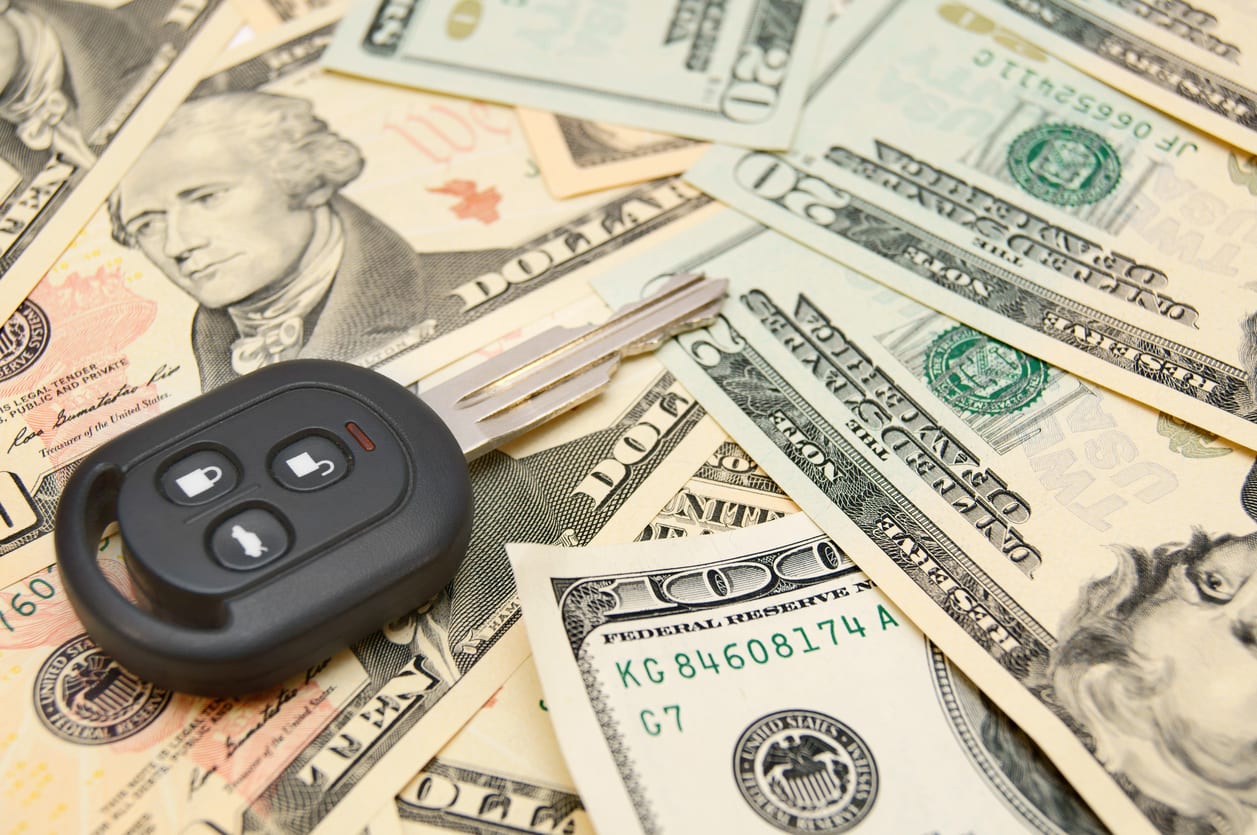 Many consumers find themselves in a tough position when they fall behind on their monthly car payments. Once a payment is 30 days past due the collectors begin to call. Repossession companies begin to look to repossess the vehicle around 45-60 days from a payment default. A consumer with limited income is confronted with difficult choices – you need your car to get to work, but you also need to put food on your table (not to mention all of life’s other daily expenses).
Many consumers find themselves in a tough position when they fall behind on their monthly car payments. Once a payment is 30 days past due the collectors begin to call. Repossession companies begin to look to repossess the vehicle around 45-60 days from a payment default. A consumer with limited income is confronted with difficult choices – you need your car to get to work, but you also need to put food on your table (not to mention all of life’s other daily expenses).
Bankruptcy allows consumers a number of options to deal with late car payments. Once a bankruptcy case is filed with the help of lawyers from the reputed Hyannis bankruptcy law firm, an “automatic stay” is invoked, meaning that the repossession company must stop attempting to secure the vehicle. In the case a chapter 13 bankruptcy, a consumer may file a plan where the past due amounts are cured over a period of time while the monthly payments are made going forward. Alternatively, many consumers take advantage of bankruptcy rules that allow the consumer to pay the amount the vehicle is worth when the case is filed, rather than the amount that is owed on the vehicle. Filing a chapter 7 bankruptcy will also accomplish the same. This may be accomplished in a chapter 7 or chapter 13 bankruptcy (Learn more here), and provides huge relief where a consumer owed a lot more than what the vehicle is worth.
We encourage you to contact a qualified consumer bankruptcy attorney at the McIntyre Thanasides Law Firm to fully understand the relief that is available. The McIntyre Thanasides Law Firm represents consumers throughout West Florida and the Tampa Bay area. Contact us today to get started.
